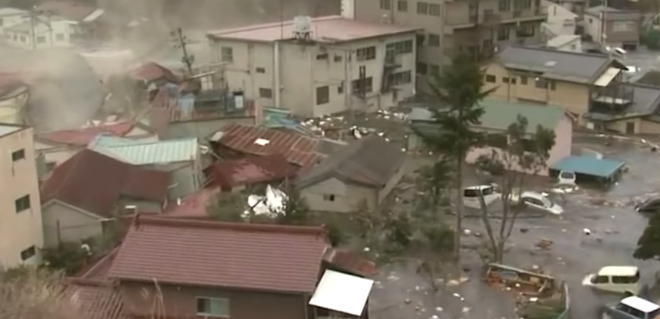Recently, there has been a lot of talk that Mount Fuji will erupt again, and this news is not unfounded, because the Japanese side has begun to be alarmed. If this was the first eruption in 300 years, what would happen to Japan if Mount Fuji, Japan's most famous volcano, were to erupt after 300 years of silence?
A number of extreme netizens have suggested that a huge eruption of Mount Fuji could devastate the island nation, which is not somewhat an exaggeration, but the consequences are serious. If Mount Fuji erupts, Japan's largest city, Tokyo, will be hit with ash, lava and toxic gases. Only 100 kilometers from Tokyo, Mount Fuji is home to 37 million people. But this Mount Fuji isn't simply a mountain. It's a stratified volcano. The last time Mount Fuji erupted was more than 300 years ago, in 1707, when it exploded and covered the city in ash.39bet-xsmb-xổ số tây ninh-xổ số binh phước-xổ số binh dương-xổ số đồng nai
The volcano sits on top of the Ring of Fire, a huge area of volcanic activity that stretches around the Pacific Ocean. When it comes to the possibility of another eruption of Mount Fuji, the scientific consensus is unanimous, with most believing it is likely to happen soon. Depending on where Mount Fuji was when it erupted, locals could get a spectacular view of the eruption, see a large plume of ash rising from the summit, find red lava gathering along its sides, and if one lives on the outskirts of the nearest city to Mount Fuji, watch lava slowly flow toward the houses, lighting fires along the way. In only three hours, these people could be among the first 100,000 people who need to be evacuated to different parts of the city.
 But even farther afield, the dire consequences of the eruption are worrisome. The ash cloud will start raining on Tokyo, which will lead to an immediate suspension of rail services, as even a tiny amount of debris on the tracks could derail trains. A layer of ash as thin as 0.2 cm would make it virtually impossible to land safely, and departing flights would be grounded indefinitely. In addition to poor visibility, ash particles can damage essential navigational equipment. The heat from aircraft engines could melt ash, forming clumps inside the ash and causing it to malfunction mid-flight.
But even farther afield, the dire consequences of the eruption are worrisome. The ash cloud will start raining on Tokyo, which will lead to an immediate suspension of rail services, as even a tiny amount of debris on the tracks could derail trains. A layer of ash as thin as 0.2 cm would make it virtually impossible to land safely, and departing flights would be grounded indefinitely. In addition to poor visibility, ash particles can damage essential navigational equipment. The heat from aircraft engines could melt ash, forming clumps inside the ash and causing it to malfunction mid-flight.
Somebody said, you can't drive at this time? Are you sorry? No. As the ash layer increases to 2.5cm, two-wheel-drive cars will not be able to use the roads, and the city will be frantically clogged with a continuous accumulation of accidents and traffic jams. Within 24 hours, the city risks being shutdown, while mobile phone coverage will be disrupted. The ash from the ash leaves coal-fired power plants unable to operate and numerous parts of the city without power. The ash will continue to fall for hours, days or even weeks. There could be ten times more debris than fell after the 2011 Tohoku earthquake and tsunami.
But volcanic ash isn't really bad for trains, cars and electronics. It's also bad for people. At first, a person will have a runny nose, wheezing and coughing. Polluted air can make your eyes red and itchy, and if you inhale too often, you may eventually develop silicosis, a condition that can lead to permanent scarring and damage to the lungs. Also, some cities will be hit badly, with winds carrying additional ash to some areas and less to others. Some areas may be buried in a layer of ash up to 30 centimeters thick.
Once this volcano erupts, life can barely go on. Numerous local supply chains will be cut off and Tokyo will face shortages of food and medical supplies as multiple modes of transport are affected. Getting regular fresh water is difficult because of pollution. Not only that, but the constant ash rain could create natural DAMS along rivers, putting some areas at risk of flooding.
An eruption of Mount Fuji would force the evacuation of roughly a million people from their homes and, globally, would disrupt supply chains around the world because no ships would be able to navigate Tokyo Bay. Today, Japan is one of the world's top five commodity exporters. If Mount Fuji sets back Japan's exports of electronics and cars, others can take their place. Japan could suffer billions of dollars in economic losses, but things could be worse. What do you think will happen if Mount Fuji does erupt?